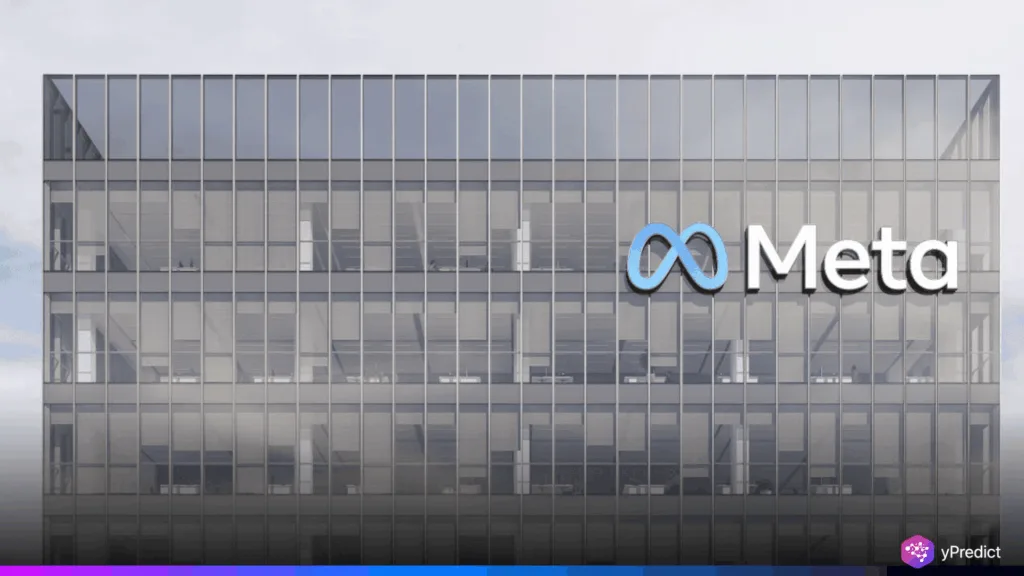
Meta Platforms is preparing a bold $29 billion financing round to supercharge its AI operations, with a sharp focus on expanding data centers across the U.S. The tech giant plans to raise $3 billion through equity and the remaining $26 billion through private debt. The capital will directly fuel Meta AI’s infrastructure, helping it compete in a rapidly intensifying AI race. This ambitious plan shows Meta’s intent to strengthen its foundation for large-scale generative AI development, especially its Llama models. Backed by top financial players and private capital firms, the move adds new momentum to Meta AI’s infrastructure roadmap.
Private Debt Drives Largest AI-Focused Funding Move Yet
Meta has tapped into private debt markets to raise the lion’s share of this $29 billion package. According to sources close to the matter, Meta is working with investment heavyweights including Apollo Global Management, KKR, Carlyle, Brookfield, and PIMCO. These firms will inject billions in structured debt, showing growing investor appetite for AI-powered data center infrastructure.
Morgan Stanley is advising Meta on the deal structure. The use of private debt over public offerings indicates Meta’s preference for speed and control, allowing it to move aggressively while maintaining strategic independence. This financing strategy also mirrors similar moves by Microsoft, which has signaled over $80 billion in AI capital expenditure.
Data Centers Take Center Stage in Meta AI Strategy
Most of the funding will go into expanding Meta’s U.S.-based data centers, which are critical to housing and scaling the compute-heavy workloads of Meta AI. These facilities support its Llama 4 model and future releases and are necessary for maintaining the massive server clusters and energy requirements of generative AI systems.
Meta has been exploring a shift towards advanced cooling and even nuclear energy partnerships to handle rising power needs. The $29 billion push aims to speed up the completion of these AI-focused data centers, enabling faster deployment of AI features across Meta’s platforms—Instagram, Facebook, and WhatsApp. This marks one of the largest AI infrastructure expansions in the private sector and reinforces Meta’s deep commitment to maintaining leadership in foundational model training and inference capacity.
Investor Confidence Grows in Meta’s AI Bet
The scale of the private debt deal signals a strong vote of confidence from financial institutions in Meta AI’s long-term potential. These investors are betting on the company’s ability to monetize generative AI at the platform scale. With products such as Meta AI chat and creator tools already live, Meta is positioning itself as a leading player in consumer-facing AI. Its strategic decision to rely on private capital instead of traditional equity dilution reflects CEO Mark Zuckerberg’s desire to retain firm control over the company’s AI trajectory.
The private debt structure also gives Meta flexibility in repayment while capitalizing on AI’s ongoing momentum. The timing aligns with broader market enthusiasm around AI as a revenue engine. While others like OpenAI and Anthropic focus on model licensing, Meta is choosing to build at scale internally. It is funded by this unprecedented private credit strategy.
Meta Sets Aggressive Pace in AI Infrastructure Race
This $29 billion raise underscores how seriously Meta is treating its AI infrastructure roadmap. From private debt structures to hyperscale data centers, every move is designed to cement Meta AI’s dominance. The combination of financial agility and technical ambition positions Meta at the forefront. It defines how AI integrates into everyday consumer experiences.
As Meta moves fast to complete this funding round, industry peers are watching closely. With demand for computing still outpacing supply, the battle to build and control next-gen data centers is heating up. Meta’s latest step confirms that in the AI era, infrastructure is no longer optional—it’s the core of the strategy.





